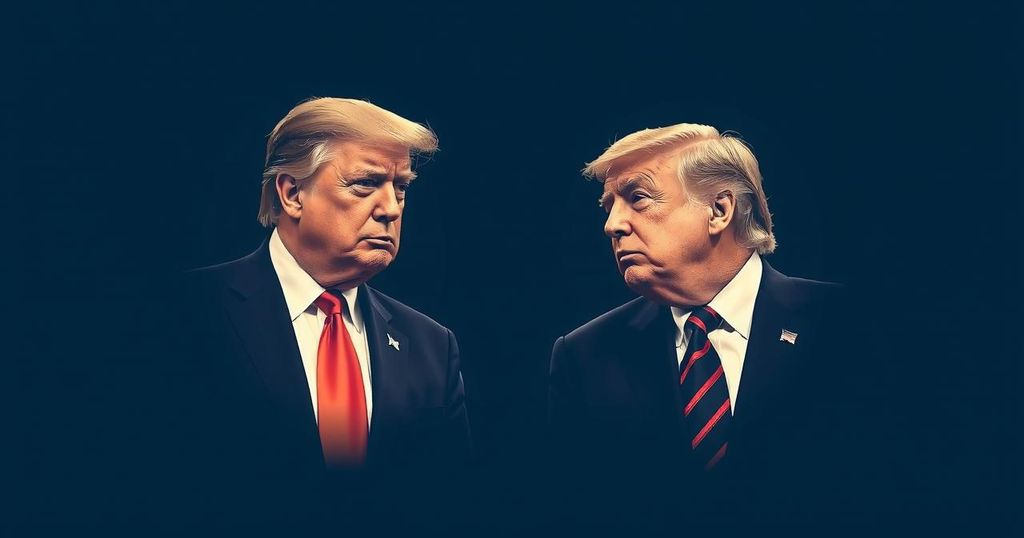Global Leaders Express Concerns Over American Leadership as Election Approaches

As President Biden conducted his final pre-election meeting with foreign leaders, concerns emerged about the future of American leadership following the election. President Christodoulides of Cyprus referenced fears of a possible American retreat from international engagement at a time of global unrest, particularly in the Middle East and Europe.
In the lead-up to the impending election, President Biden conducted his final pre-election meeting with a foreign leader in the Oval Office, focusing on critical international matters concerning the Middle East and Europe. The discussion predominantly revolved around collaborative efforts to address acts of aggression and mitigate suffering in these regions. However, an underlying concern permeated the atmosphere—speculation regarding the future of American leadership on the global stage following the election. The foreign dignitary in attendance was President Nikos Christodoulides of Cyprus, a nation that, while often overlooked in campaign narratives, may hold significant strategic importance for the next presidential administration. Cyprus has been pivotal in the modernization of Western efforts to disengage from Russian influence and simultaneously has served as a vital channel for humanitarian assistance to Gaza. President Biden and President Christodoulides engaged in an exhaustive dialogue on various pressing foreign policy issues, including the ongoing Russian aggression in Ukraine and the conflicts involving Israel, Hamas, and Hezbollah. The White House’s summary of the meeting highlighted Mr. Biden’s commendations for Cyprus’ role in supporting the maritime humanitarian corridor that has facilitated aid delivery to the people of Gaza. Post-meeting, President Christodoulides echoed prevailing apprehensions voiced by other world leaders regarding the potential consequences of the upcoming electoral outcome on the United States’ global stance. He articulated a concern prevalent in Europe, stating, “There is always a fear that you could have an America stepping back, a kind of seclusion and isolation. We’ve seen it in the past. That’s the main concern because the region is in turmoil right now. It’s extremely dangerous.” This sentiment emphasizes the uncertainty faced by foreign leaders regarding America’s continued engagement in international affairs, particularly in a time marked by escalating global tensions.
The article discusses the international implications of the upcoming United States election, focusing on concerns about potential changes in American foreign policy. As President Biden hosted President Christodoulides of Cyprus, their conversation addressed vital geopolitical issues affecting the Middle East and Europe. The article highlights the significance of Cyprus as a strategic partner in America’s foreign policy, especially in light of the conflicts involving Russia and ongoing humanitarian efforts in Gaza. Global leaders are apprehensive about a possible shift towards isolationism in American leadership, a historical precedent that raises alarms given the current global instability. The election outcome is perceived as a turning point that could redefine the United States’ role in managing international relations.
In summary, the imminent presidential election evokes significant anxiety among global leaders regarding the trajectory of American foreign policy. President Biden’s meeting with President Christodoulides underscores the critical issues at stake in international relations, as leaders anticipate the potential for a diminished U.S. presence on the world stage. The concerns expressed about isolationism reveal broader uncertainties about America’s commitment to global leadership in an increasingly volatile geopolitical landscape. The resolution of these anxieties will depend heavily on the forthcoming electoral results and the policies adopted by the next administration.
Original Source: www.nytimes.com








